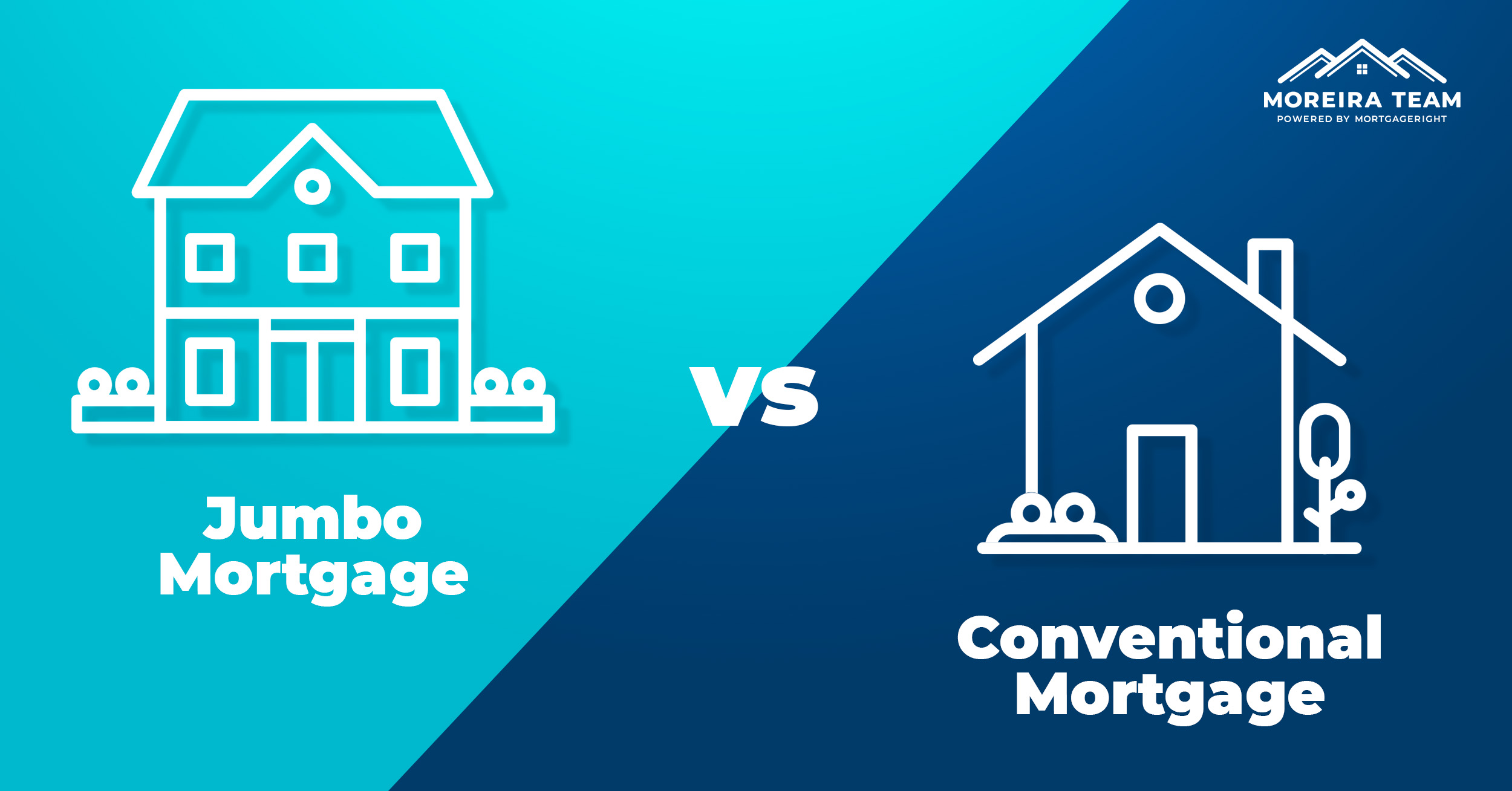Jumbo Loan: Just How to Qualify for Larger Home Financing
Jumbo Loan: Just How to Qualify for Larger Home Financing
Blog Article
The Influence of Jumbo Lendings on Your Financing Choices: What You Need to Know Prior To Using
Jumbo lendings can play a critical role in forming your funding choices, particularly when it comes to getting high-value buildings. Comprehending the balance in between the benefits and challenges posed by these financings is necessary for potential borrowers.
Comprehending Jumbo Car Loans
Understanding Jumbo Loans needs a clear understanding of their distinct attributes and requirements. Big fundings are a sort of home mortgage that goes beyond the adhering financing limitations developed by the Federal Housing Financing Firm (FHFA) These limits vary by location however generally cap at $647,200 in many locations, making big car loans essential for financing higher-priced properties.
Among the specifying features of big financings is that they are not qualified for acquisition by Fannie Mae or Freddie Mac, which results in more stringent underwriting standards. Borrowers should usually demonstrate a greater credit rating, usually over 700, and provide considerable documents of income and possessions. In addition, lending institutions may require a larger deposit-- often 20% or more-- to reduce threat.
Interest rates on big loans can be slightly more than those for adjusting fundings as a result of the raised risk thought by the lender. The absence of private mortgage insurance (PMI) can offset some of these costs. Understanding these factors is important for prospective customers, as they considerably influence the terms and feasibility of securing a big loan in today's affordable actual estate market.
Advantages of Jumbo Finances
Jumbo financings use unique advantages for homebuyers seeking to purchase high-value residential properties that surpass conventional lending restrictions. Among the main benefits of big fundings is their ability to fund larger amounts, permitting purchasers to acquire homes in costs markets without the constraints enforced by adapting car loan restrictions - jumbo loan. This versatility enables buyers to see a broader series of homes that might better match their preferences and demands
Additionally, big car loans often feature competitive passion rates, especially for borrowers with strong credit report profiles. This can cause substantial cost savings over the life of the loan, making homeownership a lot more budget-friendly over time. Moreover, big lendings can be customized to match individual monetary scenarios, providing numerous terms and amortization options that line up with the debtor's objectives.

Challenges of Jumbo Loans
Browsing the complexities of big fundings presents numerous challenges that possible debtors should be mindful of before continuing. One considerable difficulty is the strict lending requirements imposed by monetary institutions. Unlike adjusting car loans, big fundings are not backed by government-sponsored ventures, leading loan providers to take on more strenuous standards. This commonly includes higher credit rating requirements and considerable documents to verify earnings and properties (jumbo loan).
In addition, jumbo finances generally include greater rate of interest compared to standard car loans. This raised price can considerably influence monthly settlements and general price, making it crucial for customers to meticulously analyze their economic situation. The down repayment demands for jumbo lendings can be substantial, often varying from 10% to 20% or even more, which can be a barrier for numerous prospective homeowners.
An additional challenge depends on the minimal availability of jumbo financing products, as not all lenders use them. This can bring about a reduced pool of choices, making it critical for borrowers to conduct extensive research study and possibly look for specialized loan providers. On the whole, recognizing these challenges is vital for anybody thinking about a jumbo funding, as it makes certain enlightened decision-making and far better economic preparation.
Credentials Standards
For those taking into consideration a big finance, fulfilling the credentials requirements is an essential action in the application procedure. Unlike traditional finances, big finances are not backed by federal government companies, leading to stricter requirements.
Firstly, a solid credit rating is important; most lenders call for a minimal rating of 700. A greater score not only raises your chances of authorization yet may also secure far better rate of interest. Additionally, consumers are commonly anticipated to demonstrate a significant revenue to ensure they can conveniently manage greater regular monthly payments. A debt-to-income (DTI) proportion listed below 43% is typically preferred, with reduced ratios being more positive.
Down payment demands for jumbo loans are likewise pop over to this web-site considerable. Consumers need to anticipate placing down at the very least 20% of the building's purchase cost, although some lending institutions may use alternatives as low as 10%. Moreover, showing cash books is vital; lenders typically call for evidence of sufficient liquid possessions to cover numerous months' well worth of mortgage payments.
Comparing Financing Options
When assessing financing options for high-value properties, understanding the differences between various funding types is vital. Jumbo finances, which go beyond adapting finance restrictions, commonly featured more stringent certifications and higher rate of interest rates than conventional lendings. These lendings are not backed by government-sponsored enterprises, which increases the lending institution's threat and can cause a lot more rigid underwriting requirements.
On the other hand, standard financings provide more adaptability and are commonly much easier to acquire for borrowers with strong credit rating accounts. They may come with reduced rates of interest and a bigger variety of options, such as dealt with or adjustable-rate home mortgages. Furthermore, government-backed loans, like FHA or VA financings, supply opportunities for reduced deposits and even more tolerant credit scores needs, though they likewise enforce limits on the loan amounts.

Conclusion
To conclude, jumbo fundings existing both chances and difficulties for potential property buyers looking for financing find more information for high-value residential properties. While these financings allow for larger quantities without the worry of exclusive home mortgage insurance policy, they feature rigid certification demands and potential drawbacks such as greater rates of interest. A complete understanding of the advantages and challenges related to jumbo fundings is essential for making educated decisions that align with lasting monetary goals and purposes in the actual estate market.

Report this page